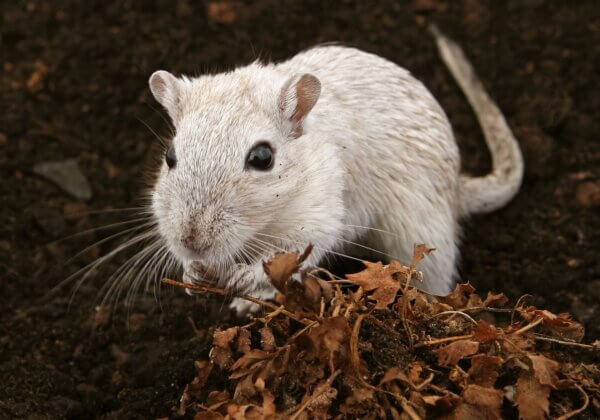Victory! Central Government Committee Withdraws Plan to Use Stray Dogs for Drug Testing
In a watershed moment for animal welfare, public health, and scientific advancement, the Committee for Control and Supervision of Experiments on Animals (CCSEA) – a statutory body constituted under The Prevention of Cruelty to Animals Act, 1960 – has withdrawn until further orders its recommendation to use stray dogs in vaccine trials.
Last year, PETA India raised serious concerns that the committee’s recommendation would open the floodgates not only for stray dogs but also for other feral animals to be used in experiments, such as painful efficacy and toxicity testing, dissections, and demonstrations. In a letter, PETA India appealed to the CCSEA to withdraw its recommendation in favour of animal-free research methods.
Using dogs in vaccine development, whether they are obtained from a breeding facility or taken from the streets, leads science down the wrong road. Extensive peer-reviewed literature has established that the results of tests on animals, including dogs, can’t reliably predict how humans will respond to new medicines, which ultimately delays the approval of effective treatments and cures for human health conditions.
In its letter, PETA India pointed out that the recommendation to use stray dogs contravened the duties assigned to the CCSEA by the Government of India under Rule 10 of the Breeding of and Experiments on the Animals (Control and Supervision) Amendment Rules, 2006, which states that, except in rare circumstances, “an establishment shall acquire animal(s) for experiments from registered breeders only”. The CCSEA’s recommendation, the letter noted, contradicted policies adopted by Australia, the EU, the UK, and the US, which are India’s competitors in science and technology.
Reliance on tests using stray dogs and other animals to predict human responses to vaccines, drugs, and treatments is scientifically unsound and deeply troubling on ethical grounds.








